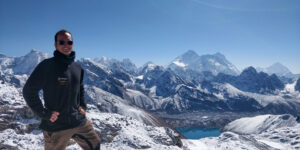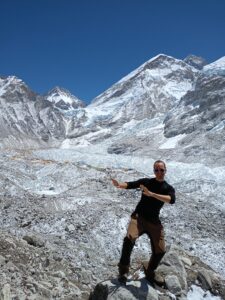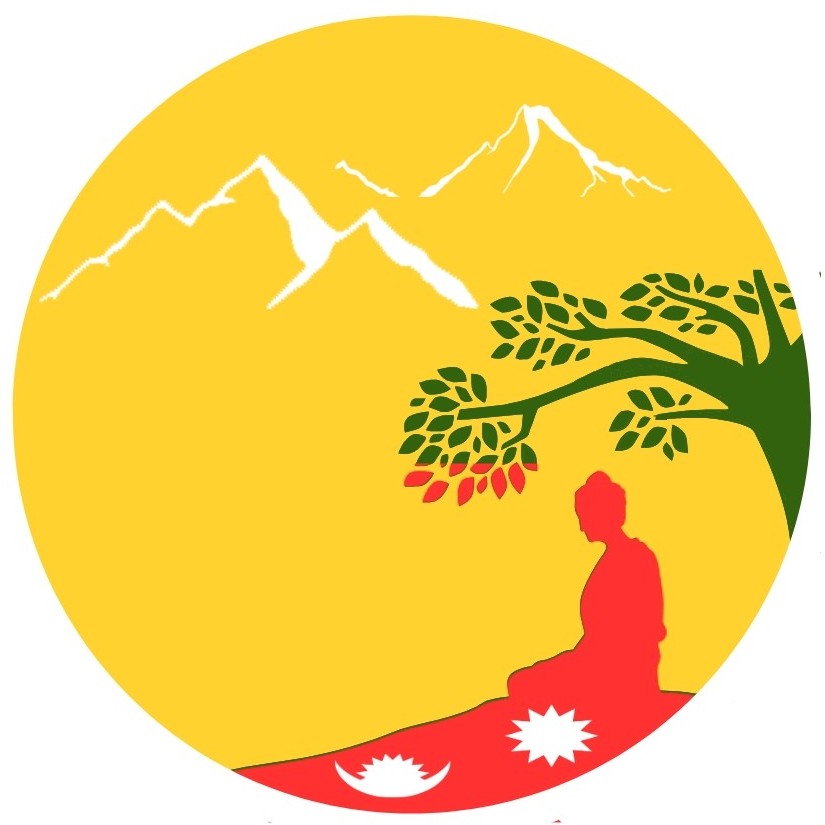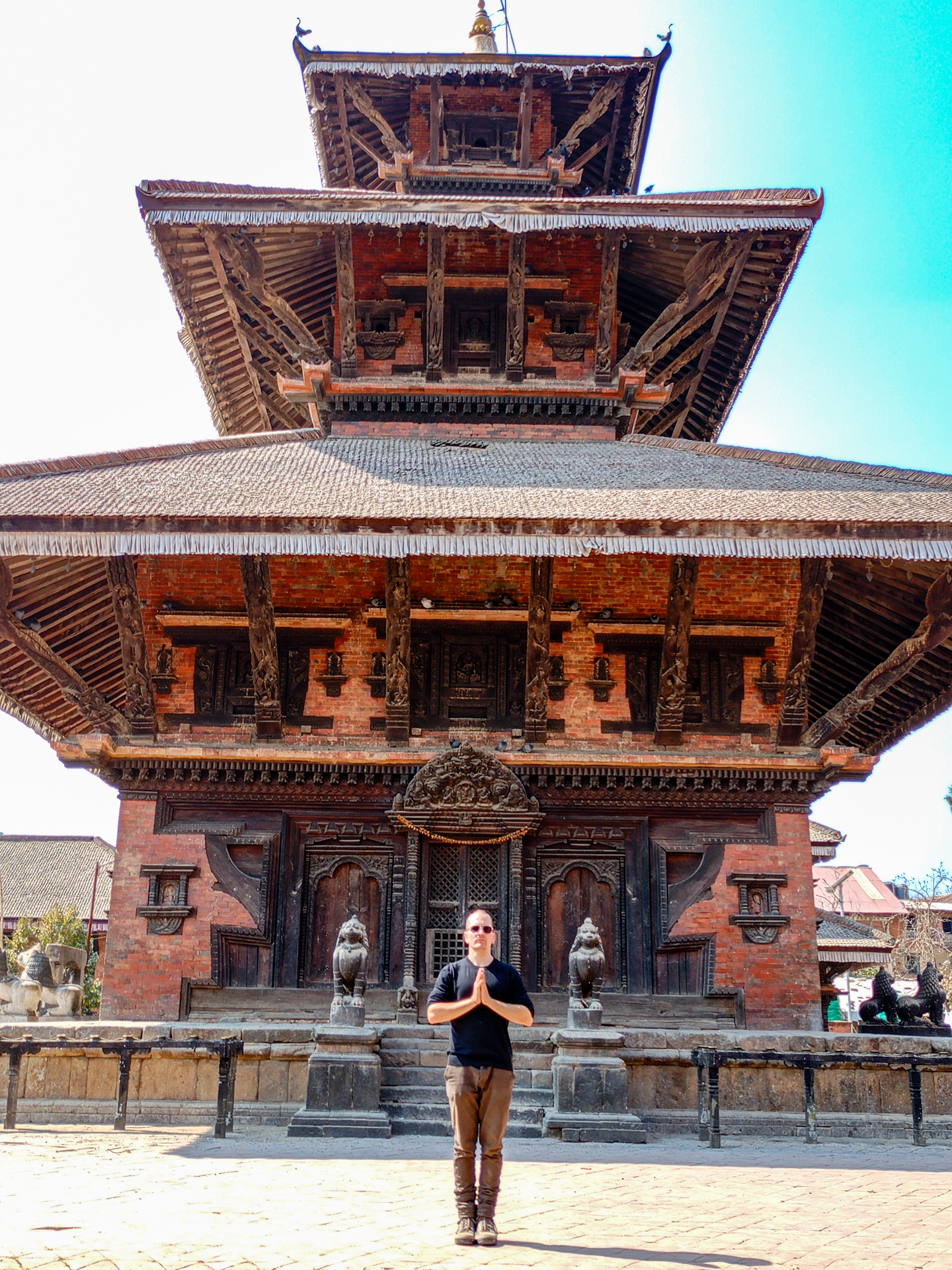Born in northern Italy in 1994 from an Italian mother and Belgian father, Pietro moved to Switzerland to study Materials Science and Engineering at the Ecole Polytechnique Fédérale de Lausanne (EPFL) when he was 17 years old. After completing his Bachelor diploma (3 years), he went to Cameroon in Africa for 1 year to work on a humanitarian agricultural program with Cameroon Association of Active Youth (CAMAAY) and to teach math, chemistry and physics in three secondary schools. After volunteering, Pietro went back to EPFL and completed his Masters in Materials Science and Engineering (2 years), officially becoming an engineer in 2019 at the age of 24. After enduring the first COVID lockdown in Italy, in 2020 Pietro was hired at the Federal Laboratories for Materials Science and Engineering (EMPA) in St.Gallen (Switzerland) as a Research Fellow/Scientist to develop innovative methods of characterising antiviral properties of materials. From 2020 to 2022, Pietro contributed to the publication of 7 peer reviewed scientific publications and was the first author in one of them. As the contract with EMPA expired, everything changed. In 2023 Pietro travelled to Nepal for the first time. From February to June 2023, he visited 6 different national parks, trekked over 800km and lost 10kg of weight – undergoing a physical and mental transformation. By the end of 2023, he had joined a team of 3 Nepali and founded Next Level Adventures Pvt.Ltd, a trekking and adventures agency in Nepal. Up to fall 2024, Pietro has organized over 20 treks and travels to the Himalaya and Nepal for groups from Europe, the Americas and Australia. He is currently completing a guide course in Italy to become Guida Ambientale Escursionistica (GAE) and receive certification as a tour group leader and organizer which is expected to finish in summer 2025
Commentary
I do not consider myself a spiritual person. I am not religious, though I respect all religions. I do not believe supernatural powers exist, though I accept that there is an infinity of things I do not understand, and I do not have an answer for. As someone who received a scientific education, I have learned and understood that if you dig far enough into the math and the physics of this world, everything can be explained. Most importantly, I have learned that “I don’t know” is a perfectly valid answer. In fact, it may be my favourite answer! Who is our creator (if any)? I don’t know! What is the purpose of mankind? I don’t know! Are we alone in the universe? I don’t know!
I reject any doctrine, or person for that matter, that claims to know the answers to these questions: for it is obvious that no human being or group of human beings is given the divine knowledge required to answer them. No, if someone claims knowledge of this, they are either lying or firmly believe in what their traditional education has taught them. Funnily enough, I am not immune from this educational bias myself, as I have formed my opinion based on my scientific education. However, I find that the “I don’t know” approach leaves many doors open, and my mind is free to roam and wonder, without limitations imposed by answers that claim to know it all already. Afterall, how can you add tea to a cup if it is already filled to the brim? Thanks to the “I don’t know” policy, I can learn from Christians, Buddhists, Indus, Muslims and literally any religious movement, ethnic group or political doctrine – for I listen to all, and commit to none.
The real value of religion and spirituality lies elsewhere. It comes from the deep sense of connection, the shared values of millions of people, the power of hope that inspires folks to achieve incredible things and to surpass limits they believed to be unsurpassable. It comes from the heartwarming feeling of faith that allows people to overcome immense difficulties and suffering. It comes from the stories and legends that help us educate our children about the incredible complexity of this world.
The value of spirituality, I believe, is to unlock the potential of our minds. All the rituals, all the ceremonies and traditions, they are but shells to convince and influence the ultimate observer: our minds. Once an idea or concept is formulated in our minds, it becomes possible. It becomes real. Anything can be achieved, if we put our minds to it. The most complex of simple things, happiness, is found within us, not outside. Our mind is the key to find it. No matter the outside circumstances, happiness can be found for it is a property of our minds and not of the external world. Spirituality opens a direct communication pathway with our minds – and science will never be able to do that for us.
Meditation
I believe meditation is also a way to communicate with our minds. To my eyes, meditation is a form of spirituality. Everyone can, and should, benefit from meditation. It is my intimate space, where there is no judgment, no noise, only I. It is where I give myself audience, where I ponder my path, my principles and my character.
I fondly slip into meditation, like a dog having barked all day to people passing by, finally rests warmly in his basket, his breathing slowing and his eyes closing, enjoying the comfort of his personal space. I want to share with you something I found during meditation.
I was in an airport, flying back to Nepal. It was my second time coming to this country, and it was the first time I was coming as an entrepreneur. I was carrying a book with me – Sapiens, from Harari, which is a brief history of mankind. I recommend this book to everyone who is interested in what we know about our past as a species on this planet. Sapiens means wisdom in Latin and is the adjective that has been chosen to define us: we are all Homo Sapiens. I was carrying this book as a present for a friend, which I thought could use a bit of extra wisdom and perspective in her journey from girl to woman.
As I was sitting on a bench, in front of the gate, I wondered whether it was arrogant of me to harbour this though, and what right did I have to think someone else’s wisdom needed improvement. What is wisdom, anyway? How can I, or anyone else, decide if someone has sufficient wisdom, or not enough, if we don’t even know what wisdom is? So, following my scientific instinct, I set out to define wisdom because how is it possible to discuss something if we have not even defined it yet?
I slipped into meditation. The time slowed down around me, as it usually does, and I had the time to observe life passing by me, over me, inside me. I realized the task I had set out to accomplish was not simple. I had not even opened my phone to see what google said as a definition for wisdom – it simply had not even occurred to me to do that. My full attention was towards the inside.
Wisdom. What does it mean to be wise? The first feeling began to crawl up, from my belly, and slowly it pervaded my whole body. It was Compassion. Yes, he/she who is wise must have compassion, or at least understanding for the people around them – if they cannot place themselves in other people shoes, if they cannot feel how other people feel, how can their words be considered wise when they give advice? But pure compassion is not sufficient to be wise. I opened the book and wrote in the first white page:
What does it mean to be wise?

Have the Compassion
To understand other people’s suffering
Without being overwhelmed by it
I looked at those words for a while. Often people do not know what to do about a situation because they feel rushed, overwhelmed by the emotions the situation causes them. To be wise is to acknowledge these emotions, and how the situation makes us feel, but not to lose control and find a suitable course of action. Yes, that is part of wisdom. But far from being a complete definition. Then, clear as day, a second verse came to my mind. The pen quickly went back to scribbling
Have the Patience
To give time
To the things that need it
Patience is for sure a part of wisdom. One could argue that wisdom is obtained trough patience. There is a subtility here: patience is needed to give time to the things that need it. However, some matters require swift action, and no time wasting. This is where wisdom comes in: to be able to recognise what things do need patience, and in that case be able to practice patience, or what things need a timely reaction, and in this case act. Yes, a wise person needs to be able to make this differentiation. Time is our most valuable resource and how to allocate it is the most important decision of our lives.
I was not satisfied. Something was missing. What really makes a person wise? Age? Experience? No. Learning. Learning makes a person wise. I picked up the pen:
Have the Humility
To always learn
From the ways of life
Learning is the true key to wisdom. Never stop learning. Learn everything you can! From anyone! Learn the legends of the past, learn how to tie a knot, learn how to make a senile old lady smile. There isn’t a single person in this world from which you can learn nothing. Everyone can be your teacher, in some way, if you pay sufficient attention to them to recognise their strengths. And this requires Humility. Without humility, we struggle to listen to people who appear less educated, or younger, or foolish. Humility is the lens through which, like Sherlock Holmes looking for clues, we can truly listen to other people without prejudice. Only then, we can continuously learn and become wise.
Compassion, Patience and Humility. I was quite satisfied at this point, but I felt something was missing. Something strong. Something that could give direction. Isn’t it true that wise people are often guides, gurus, and leaders of men? So far, the qualities I had found described how to achieve wisdom, but not how to use it, share it and inspire men and women. Suddenly I knew:
Have the Courage
To love yourself
And those around you
Yes! Love is the missing ingredient! Love is the goal – it is the objective of wisdom! The wise give good advice because they aim to establish love in the lives of those they are helping. I do not mean romantic love, at least not only that type of love, but the human feeling of fraternity that links us all together as a species. The type of love that recognises that we are all together in this world, that we are all different, and yet that we are all the same. And the key is that we must be able to love ourselves, before having the confidence, the strength and the stability to love others.
An incredible amount of Courage is needed to love oneself, with all one’s weaknesses, and with all one’s mistakes. We need the courage see ourselves for who we are, truly and completely, to see ourselves naked, with no barriers or protections – and accept ourselves. Only after we have seen ourselves, we have the power to make changes to our character and values – because we are consciously aware of them.
If we have the courage to love ourselves, then we are also able to love others. We can see them and accept them for the human beings they are. And we can try to set them unto a path that will bring more love to them and to the world.
Compassion, Patience, Humility and Courage. Yes, this is what it means to be wise. I close the Sapiens book and place it in my backpack. The plane is landing in Kathmandu. It is the 6 December 2023, and I am beginning a new life.
What does it mean to be wise?
Have the Compassion
To understand other people’s suffering
Without being overwhelmed by it
Have the Patience
To give time
To the things that need it
Have the Humility
To always learn
From the ways of life
Have the Courage
To love yourself
And those around you


